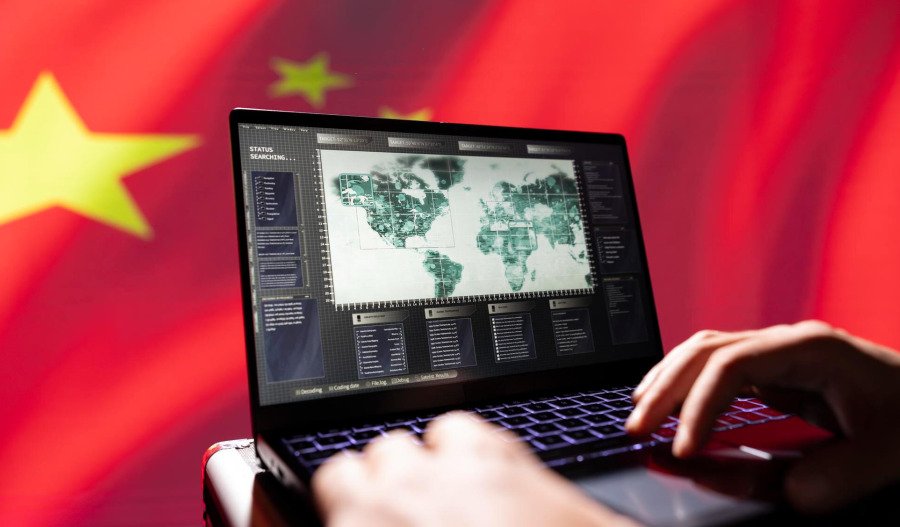Pakistan is courting the United States with a bold pitch that includes rare earths, bitcoin mining potential and political flattery, in a bid to avoid looming tariffs of up to 29% and secure deeper ties with Washington.
Negotiators arrived in Washington this week for talks with U.S. Trade Representative Jamieson Greer, with officials saying any agreement could include commitments to purchase cotton and soybeans, along with a "strategic and investment" partnership in the mining sector.
The trade war between the U.S. and China has put rare earths to the top of the Trump administration.
That's because China has imposed export restrictions on seven rare earth elements as part of escalating economic warfare with Washington, squeezing supply to the West of minerals used in weapons, electronics and consumer goods.
Pakistan's pitch is to become America's alternative rare earth supplier, dangling its estimated US$8-50 trillion mineral wealth before the Trump administration.
The nation's mineral portfolio reads like a critical materials shopping list: copper, gold, lithium, antimony, chromite, and rare earth elements concentrated in Balochistan province - home to Barrick Mining's Reko Diq copper-gold project.
"Pakistan has been quite smart about getting the administration's attention, capitalising on its broader global interests in crypto and critical minerals," said Michael Kugelman of the Asia Pacific Foundation of Canada.
The rare earth pitch forms part of a broader diplomatic campaign that includes backing Trump's Nobel Peace Prize bid.
The U.S. remains entirely dependent on China for certain rare earth elements, leaving American defence contractors and manufacturers vulnerable to Beijing's export restrictions.
"President Trump has made it clear that securing diverse and reliable sources of these materials is a strategic priority," the US Embassy stated.
Recent export restrictions have created concern over China's control of critical minerals, with global automakers complaining that Beijing's curbs could cause production delays without quick solutions.
The Balochistan issue
There are, however, security issues.
Pakistan suffered 521 terrorist attacks last year - a 70% increase from 2023, with over 95% occurring in Balochistan and Khyber Pakhtunkhwa where most mineral deposits are located.
The separatist Balochistan Liberation Army has specifically targeted foreign investors, viewing mining projects as resource exploitation - chinese companies leading earlier phases of Reko Diq faced attacks from Baloch separatist groups.
Pakistan hasn't adequately addressed security concerns of Chinese investors despite deploying thousands of security forces to protect China-Pakistan Economic Corridor infrastructure.
China has already invested $60 billion in Pakistan under CPEC, concentrated in Balochistan.
Any American minerals deal would compete with existing Chinese interests, potentially creating friction in Pakistan's most important bilateral relationship.



